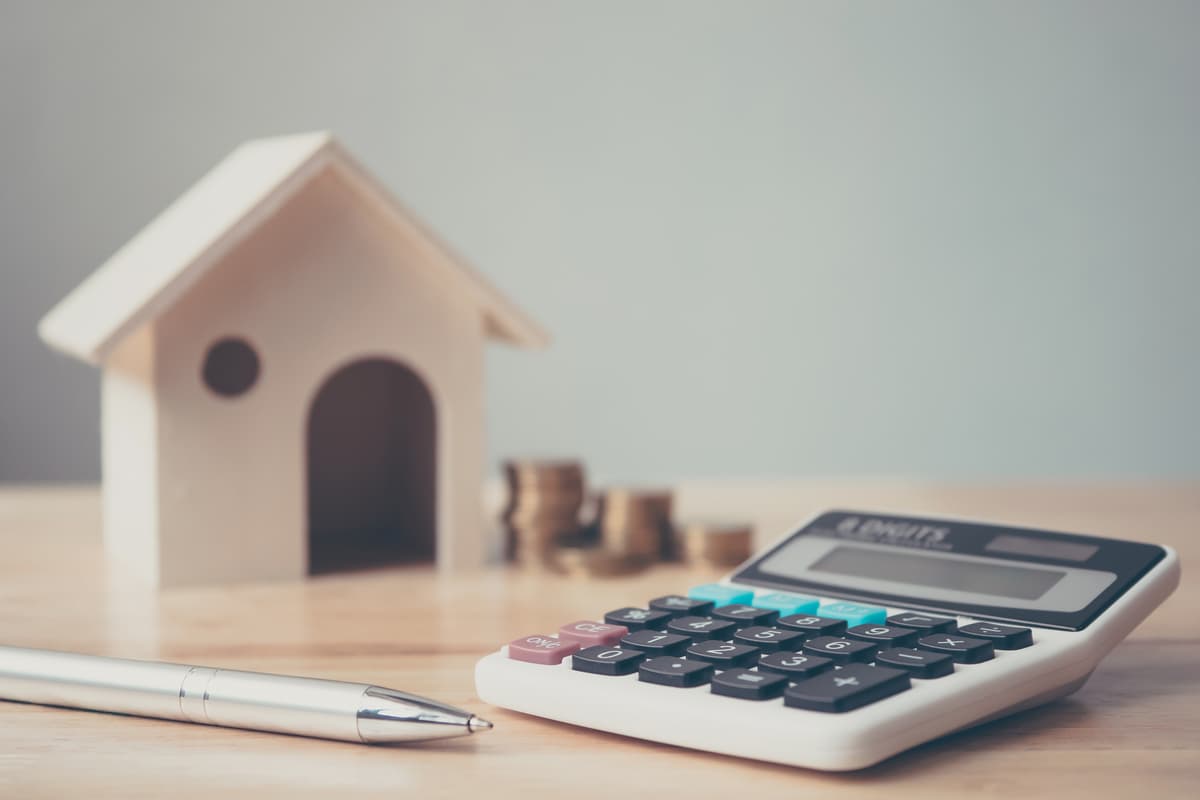How Much Can I Borrow When Purchasing a Property?
If you know you want to buy a property and you’ll need a mortgage, it’s worth assessing how much money you’ll need to borrow, and whether you’ll be able to get it.

If you know you want to buy a property and you’ll need a mortgage, it’s worth assessing how much money you’ll need to borrow, and whether you’ll be able to get it.

Typically, lenders offer an amount that is around 4.5 times your income. However, it is possible to find lenders that are willing to offer more than this.
Previously, the average term length for mortgages was 25 years. With the increasing house prices, many people look for longer term mortgages. Most lenders are now offering longer terms such as 35-year terms.
It is possible to get a mortgage with a 20k salary depending on the price of the property you are looking to purchase. Many lenders have no minimum income requirement. As long as you meet the affordability requirements you will be able to get a mortgage on a 20k salary.
Compare moving quotes in 4 simple steps